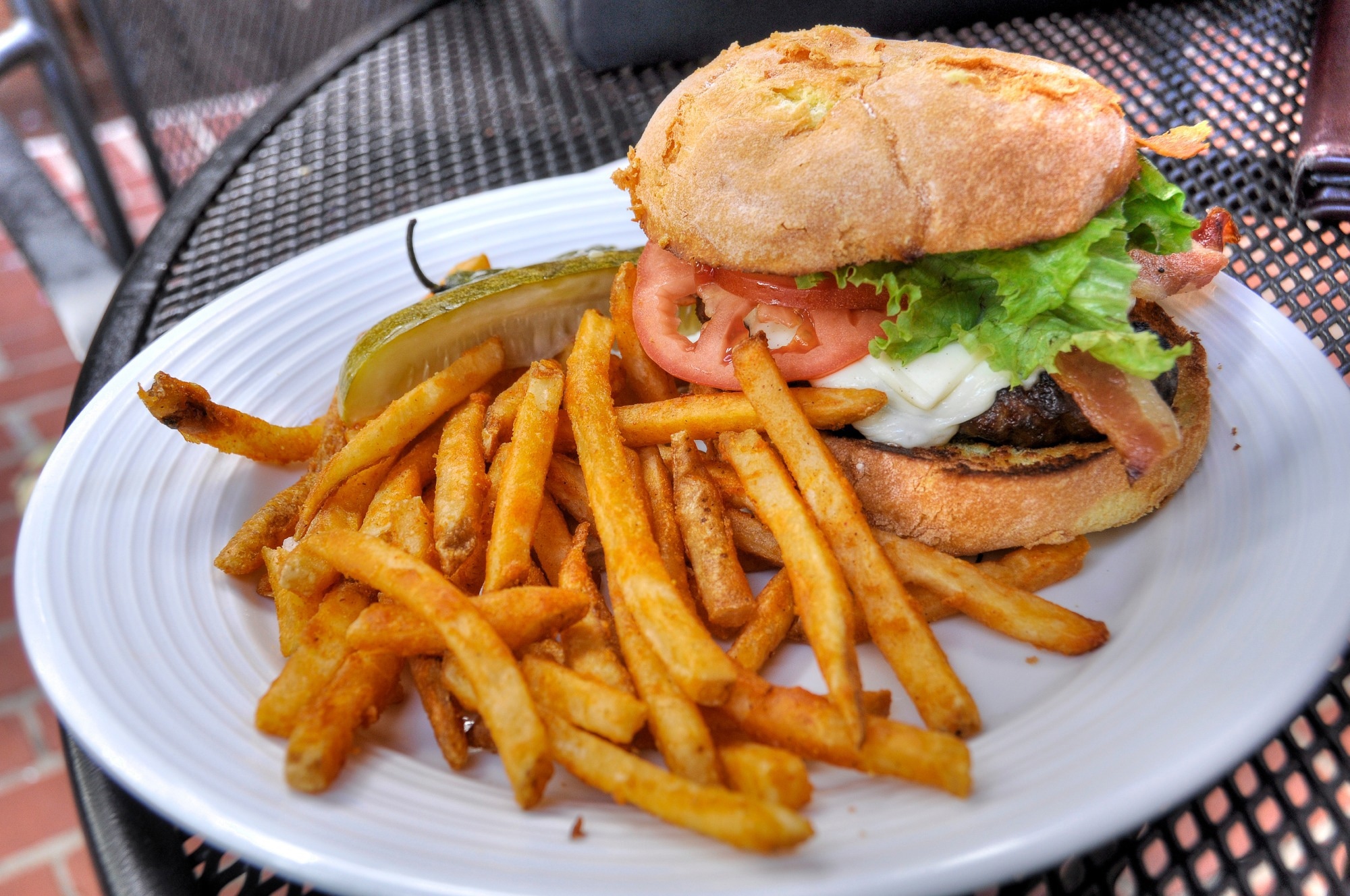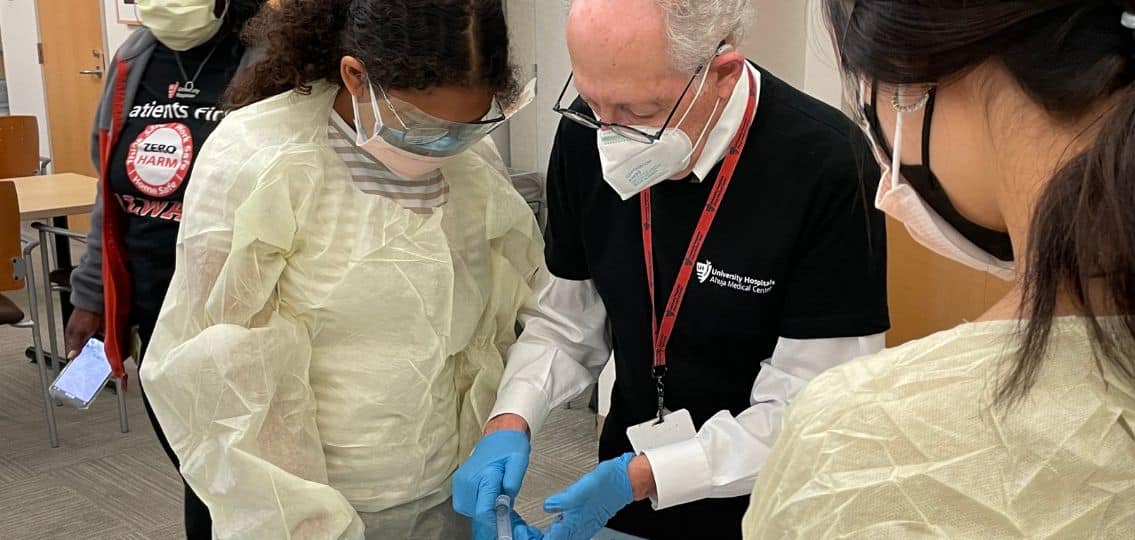In a review article published in the journal Seminars in Immunology, scientists have explored the relationship between the Western diet, gut microbiota, and cancer development.
 Study: Western diet influences on microbiome and carcinogenesis. Image Credit: Keri Delaney / Shutterstock
Study: Western diet influences on microbiome and carcinogenesis. Image Credit: Keri Delaney / Shutterstock
Background
A complex interplay between several modifiable factors, including diet, lifestyle, and environment, significantly increases the risk of cancer development. However, these factors can be amenably modified to reduce the cancer risk.
A healthy diet refers to moderate saturated fat, sugar, sodium, and cholesterol consumption. However, the diet mostly followed in Western countries contains a high amount of these unhealthy food items.
Studies have shown that continued adherence to a Western diet can increase the risk of various diseases, including cardiovascular disease, diabetes, obesity, and certain cancers. As a major source of microbial-derived compounds, diet is known to influence gut microbiota composition and immunological, neurological, and hormonal functions.
Major components of the Western diet
The Western diet contains a high amount of saturated fat, refined carbohydrates, salt, sugar, and food additives associated with many health adversities.
Fat
Fat is a calorie-rich food component with three subtypes, including unsaturated, trans, and saturated fats. While unsaturated fat is associated with many health benefits, trans and saturated fats increase the risk of various health complications. The Western diet contains many processed foods rich in trans and saturated fats.
Studies conducted on healthy adult individuals have described that consuming a high-fat diet for 6 months causes significant alteration in gut microbiota composition, leading to reduced short-chain fatty acids and increased production of secondary bile acids. Moreover, a high-fat diet increases pro-inflammatory genes in the gut microbiota, leading to mild systemic inflammation.
Animal studies have shown that high-fat diet-induced changes in gut microbiota result in reduced mucosal immune response, increased pro-tumor immune response, and increased proliferation of gut epithelial cells and stem cells. All these factors collectively increase the risk of intestinal cancer development and progression.
High-fat diet-induced accumulation of Gram-positive bacteria in the liver, together with dysregulated bile acid metabolism, can lead to the induction of senescence-associated secretory phenotype in liver cells. These events are collectively responsible for liver cancer development.
High-fat diet-induced changes in microbiota can increase the biosynthesis and systemic levels of lipopolysaccharides, leading to an increased risk of breast, prostate, and esophageal cancers.
Dietary fiber
Dietary fiber is a semi-digestible plant-based food component that helps in digestion and excretion. Microbiota-mediated partial fermentation and breakdown of dietary fibers in the intestine lead to the generation of various short-chain fatty acids. The Western diet contains much less plant-derived dietary fibers; thus, following this dietary pattern can lead to reduced production of beneficial microbial metabolites.
Chronic inflammation and ulceration of the colon (ulcerative colitis) is a significant risk factor for colorectal cancer development. Ulcerative colitis patients consuming a high-fiber, low-fat diet have been found to have reduced inflammation and microbiota dysbiosis and increased abundance of beneficial bacteria in the intestine.
Studies conducted on animals have shown that dietary fiber-induced short-chain fatty acid butyrate production is associated with increased anti-inflammatory, anti-tumor, anti-proliferative, and pro-apoptotic effects. These factors collectively help reduce the risk of intestinal tumorigenesis.
In a mouse model of lymphoma, a high-fiber diet has been found to beneficially alter gut microbiota composition and microbial metabolite levels to an increase in dendritic cells and cytotoxic natural killer cells and subsequent induction in anti-tumor response.
Long-term consumption of dietary fiber can sometimes increase cancer risk. For example, a high soluble, fermentable fiber diet has been found to cause gut microbiota dysbiosis in insulin-resistant obesity-susceptible mice, leading to an increased risk of liver cancer development.
Excessive formation of microbial fiber fermentation by-products can increase cancer risk. One such by-product is short-chain fatty acid acetate, used by the liver in lipogenesis, leading to non-alcoholic fatty liver disease and obesity.
A low-fiber diet can also reduce microbial carbohydrate fermentation and short-chain fatty acid synthesis, which in turn can increase the risk of colorectal cancer.
Carbohydrates
The Western diet contains many processed foods with easily digested carbohydrates. These kinds of foods have high glycemic index because of their ability to increase the glucose level in the blood.
Studies have shown that a low carbohydrate diet causes a reduction in Gram-positive bacteria and butyrate production in the small intestine and colon, leading to reduced polyp formation. This kind of low glycemic index carbohydrate also reduces DNA breakdown and cell proliferation in the colon.
Carbohydrate diets enriched in resistant starch have been found to alter gut microbiota composition, leading to higher production of formate and lactate and lower production of propionate. These factors collectively reduce the risk of pancreatic cancer.
Consumption of dietary sugar carbohydrates, such as fructose and sucrose, is known to increase obesity, which in turn can increase the risk of colorectal cancer. In addition, fructose can also increase fat accumulation in the liver and, thus, can increase the risk of non-alcoholic fatty liver disease and liver cancer.
Other dietary components
The Western diet is abundant in processed and ultra-processed foods with high salt content. A high-salt diet has been found to reduce the risk of certain types of cancers by inducing gut microbiota-mediated anti-tumor immunity, characterized by an increased level of natural killer cells.
A Western diet rich in cholesterol has been associated with dysregulated bile acids and indole derivatives, which collectively can increase the risk of liver cancer.
Emulsifiers used in processed foods are potentially harmful components in the Western diet. These components can increase the risk of intestinal carcinogenesis by dysregulating gut microbiota and inducing low-grade inflammation.
Currently available scientific literature indicates that key components of the Western diet can significantly modulate gut microbiota composition, which in turn can increase the risk of various types of cancers.

 PARENTING TIPS
PARENTING TIPS PREGNANCY
PREGNANCY BABY CARE
BABY CARE TODDLERS
TODDLERS TEENS
TEENS HEALTH CARE
HEALTH CARE ACTIVITIES & CRAFTS
ACTIVITIES & CRAFTS

